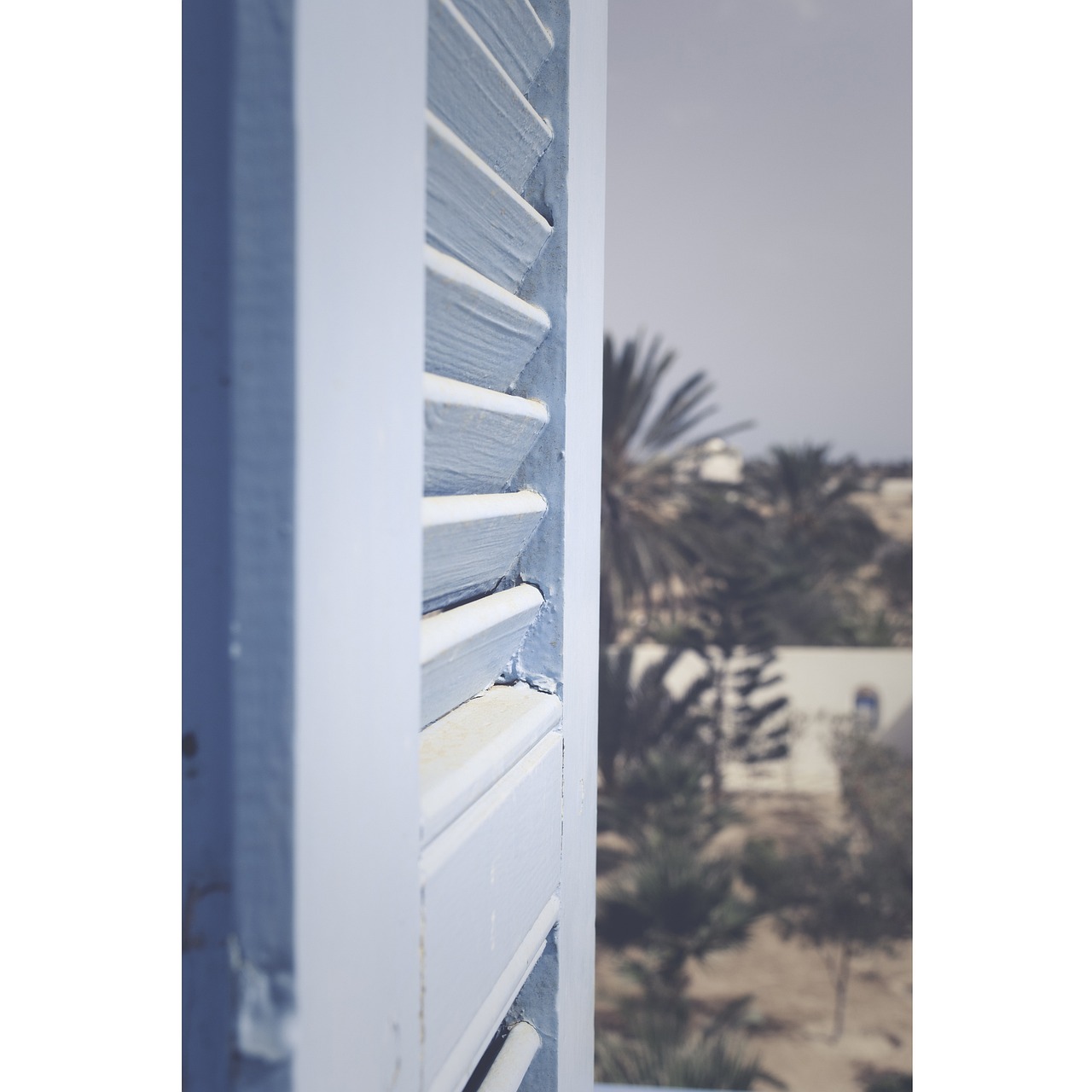Tunisia Video
Managing Finances and Payments while Working in Tunisia
Tunisia, located in North Africa, is a country known for its rich history, stunning landscapes, and vibrant culture. If you are planning to work in Tunisia, it is essential to manage your finances and payments effectively. This article provides detailed information on how to navigate the financial landscape in Tunisia, including banking options, currency exchange, taxes, and payment methods.
Banking Options
When working in Tunisia, it is advisable to open a local bank account to facilitate financial transactions and manage your income efficiently. Some of the popular banks in Tunisia include Banque de Tunisie, Banque de l’Habitat, and Amen Bank. These banks offer a range of services such as current accounts, savings accounts, and online banking facilities.
- Current Accounts: A current account allows you to deposit and withdraw money easily. It usually comes with a debit card that can be used for everyday transactions.
- Savings Accounts: A savings account helps you save money and earn interest on your deposits. It is advisable to compare interest rates and terms before choosing a savings account.
- Online Banking: Most banks in Tunisia offer online banking facilities, allowing you to manage your finances conveniently from anywhere.
Currency Exchange
The official currency of Tunisia is the Tunisian Dinar (TND). It is advisable to exchange your foreign currency for Tunisian Dinar upon arrival. Currency exchange services are available at airports, banks, and authorized exchange offices throughout the country. It is recommended to compare exchange rates and fees to get the best deal.
- Exchange Rates: Exchange rates may vary, so it is important to check the current rates before making any currency exchange transactions.
- Fees: Some exchange services may charge fees or commissions for currency exchange. It is advisable to inquire about any additional costs beforehand.
- ATMs: ATMs are widely available in Tunisia, allowing you to withdraw cash using your debit card. However, be aware of any fees associated with international withdrawals.
Taxes
As a foreign worker in Tunisia, you may be subject to certain tax obligations. It is essential to understand the tax laws and regulations to ensure compliance. The tax system in Tunisia is progressive, with different tax rates based on income brackets.
- Income Tax: The income tax rates in Tunisia range from 0% to 35%, depending on your income level. It is advisable to consult a tax professional or the Tunisian tax authorities for accurate information regarding your tax obligations.
- Social Security Contributions: As an employee, you will also be required to contribute to the social security system in Tunisia. These contributions provide access to healthcare, retirement benefits, and other social services.
- Tax Deductions: Certain expenses, such as medical expenses and contributions to pension plans, may be eligible for tax deductions. It is important to keep proper documentation and consult a tax advisor to maximize your deductions.
Payment Methods
Tunisia offers various payment methods to cater to different needs and preferences. Understanding these payment options will help you navigate financial transactions smoothly.
- Cash: Cash is widely accepted in Tunisia, especially for small transactions. It is advisable to carry some cash for daily expenses.
- Debit and Credit Cards: Most establishments, including hotels, restaurants, and shops, accept major international debit and credit cards. However, it is recommended to carry some cash as backup, as not all places may accept cards.
- Mobile Payments: Mobile payment solutions, such as Orange Money and Tunisie Télécom Mobile Payment, are gaining popularity in Tunisia. These services allow you to make payments using your mobile phone.
- Bank Transfers: Bank transfers are a secure way to send and receive money in Tunisia. You can transfer funds domestically or internationally through your bank.
Tunisia Image 1:

Managing Finances and Payments while Working in Tunisia
Insurance
Having insurance coverage is important for your financial well-being and peace of mind while working in Tunisia. It is recommended to consider the following types of insurance:
- Health Insurance: Ensure you have adequate health insurance coverage that includes medical expenses, hospitalization, and emergency services. Some employers may provide health insurance as part of their employee benefits package.
- Travel Insurance: If you are planning to travel frequently or explore Tunisia’s attractions, consider getting travel insurance that covers trip cancellations, lost luggage, and medical emergencies.
- Vehicle Insurance: If you own a vehicle in Tunisia, it is mandatory to have valid car insurance. This insurance covers damages caused by accidents, theft, or third-party liability.
Tunisia Image 2:

Retirement Planning
Planning for retirement is crucial, regardless of where you work. In Tunisia, there are several retirement planning options to consider:
- Employer-Sponsored Pension Plans: Some employers offer pension plans as part of their employee benefits. These plans help you save for retirement, and contributions are often matched by the employer.
- Individual Retirement Accounts (IRAs): IRAs are personal retirement savings accounts that offer tax advantages. You can contribute to an IRA on your own, even if your employer does not offer a pension plan.
- Investment Options: Consider investing in stocks, bonds, or mutual funds to grow your retirement savings. It is advisable to consult a financial advisor for personalized investment advice.
Real Estate and Rental Costs
If you plan to rent or buy property in Tunisia, it is important to understand the real estate market and associated costs. The rental market in Tunisia offers a range of options, from apartments to villas.
- Rental Costs: Rental prices vary depending on the location, size, and condition of the property. It is advisable to research the rental market and compare prices before making a decision.
- Real Estate Agents: Real estate agents can assist you in finding suitable rental properties or purchasing a home. They can provide valuable insights and negotiate on your behalf.
- Legal Considerations: Before signing any rental or purchase agreements, it is important to understand the legal requirements and seek legal advice if necessary.
Tunisia Image 3:

Conclusion
Managing finances and payments while working in Tunisia requires careful planning and understanding of the local financial landscape. Opening a local bank account, exchanging currency, complying with tax obligations, and choosing the right payment methods are essential for a smooth financial journey. Additionally, having appropriate insurance coverage, planning for retirement, and understanding real estate costs will contribute to your overall financial well-being. By following these guidelines, you can effectively manage your finances and enjoy your work experience in Tunisia.
References
– Banque de Tunisie: www.banquedetunisie.com.tn
– Banque de l’Habitat: www.bh.com.tn
– Amen Bank: www.amenbank.com.tn
– Tunisian Tax Authority: www.impots.finances.gov.tn
– Orange Money: www.orange.tn
– Tunisie Télécom Mobile Payment: www.tunisietelecom.tn


